- What We Do
- Agriculture and Food Security
- Democracy, Human Rights and Governance
- Economic Growth and Trade
- Education
- Ending Extreme Poverty
- Environment and Global Climate Change
- Gender Equality and Women's Empowerment
- Global Health
- Water and Sanitation
- Working in Crises and Conflict
- U.S. Global Development Lab
- COUNTRIES
- TECHNICAL AREAS
- PARTNERSHIPS & PROJECTS
- RESOURCES
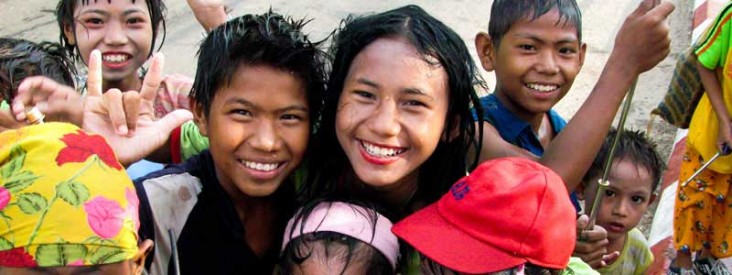
Challenge TB
USAID's Challenge TB project is a 5-year cooperative agreement (2015–2019) to accelerate the global fight against TB. Challenge TB advances an integrated approach toward TB prevention and care with country-specific projects in 22 high TB-burden countries in Africa, Asia and Eastern Europe, and two regional platforms (East Africa and Central Asia). The Challenge TB program is implemented through a consortium of nine leading organizations in TB care, treatment and prevention. These organizations include KNCV Tuberculosis Foundation, American Thoracic Society (ATS), Research Institute of Tuberculosis/Japan Anti-Tuberculosis Association (RIT/JATA), Management Sciences of Health (MSH), International Union against Tuberculosis and Lung disease, World Health Organization (WHO), Interactive Research and Development (IRD), PATH, and FHI360.
Challenge TB matches evidence-based science with innovative approaches to develop country-specific strategies to support National TB Programs in their fight against TB. Challenge TB draws from an unparalleled pool of technical expertise to narrowly tailor targeted interventions and cutting edge tools in each of the countries where they work. From introducing and rolling out new drug regimens and diagnostics in countries with high multidrug-resistant tuberculosis (MDR-TB) burden (e.g., Burma, Kyrgyzstan, Democratic Republic Congo), to scaling up integrated approaches to aggressively find the missing cases in countries with low detection rates (e.g., Malawi, Nigeria, Indonesia), Challenge TB's tailored interventions engage all care providers and strengthen local capacity in the effort to improve TB services and health outcomes.
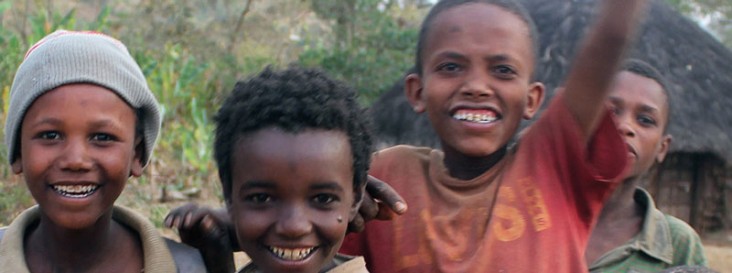
Global Drug Facility
With support from USAID, the Global Drug Facility (GDF) helps ensure manufacturers produce sufficient quantities of second-line drugs to meet the needs of countries as they scale up their TB treatment programs. To date, USAID and the GDF have facilitated increased availability of TB drugs and a 32 percent drop in the price of second-line drug treatments for TB. USAID and GDF are also collaborating on the distribution of bedaquiline, the first new drug developed to treat TB in more than 50 years.
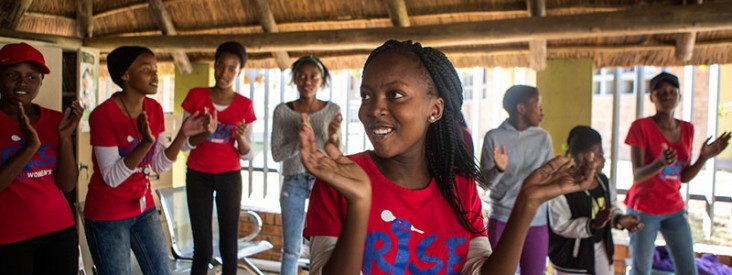
The Global Fund to Fight AIDS, Tuberculosis and Malaria
Founded in 2002, The Global Fund to Fight AIDS, Tuberculosis and Malaria (Global Fund) supports effective programs of prevention, treatment and care and ensures that money goes to supporting the men, women and children affected by AIDS, TB and malaria. The U.S. Government is the largest government donor to the Global Fund. As the lead implementing agency for U.S. Government development programs, USAID works with partner countries, providing technical assistance to support grant development, implementation and evaluation. USAID also designs its bilateral TB work plans to complement Global Fund investments and to fill financial and technical gaps identified in the national strategic TB plans.
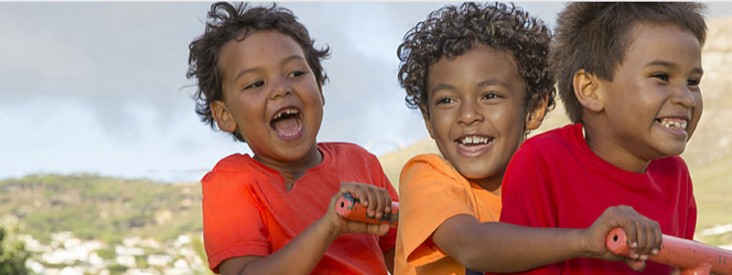
Johnson & Johnson and Janssen Pharmaceuticals
USAID is collaborating with the Johnson & Johnson affiliate, Janssen Therapeutics, Division of Janssen Products, LP, to step up the fight against the health threat of antibiotic-resistant bacteria, specifically that seen in multidrug-resistant tuberculosis. As part of the collaboration, Janssen will donate $30 million worth of bedaquiline, about 30,000 courses. Bedaquiline is a TB antibiotic, which due to its novel mechanism of action, defines a new class of anti-TB compounds. The donation will facilitate access to the treatment for nearly 100 eligible low- and middle-income countries.
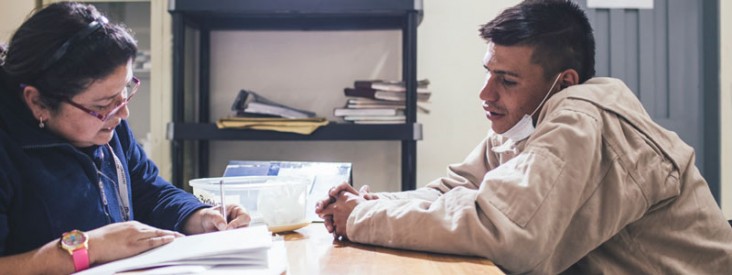
Pan American Health Organization
USAID supports the Pan American Health Organization (PAHO) to improve health and quality of life in the countries of the Americas. PAHO is the specialized health agency of the Inter-American System and serves as the Regional Office for the Americas of the World Health Organization (WHO).
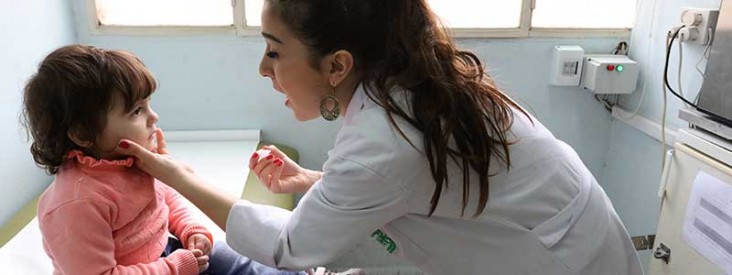
Promoting the Quality of Medicines Program
The Promoting the Quality of Medicines (PQM) program, funded by USAID and implemented by the United States Pharmacopeia (USP), is USAID’s response to the growing challenge posed by the proliferation of counterfeit and substandard medicines. By providing technical leadership to developing countries, PQM helps to build local capacity for strengthening drug quality and assurance systems and increasing the supply of quality medicines to priority USAID health programs. This collaborative effort has helped communities improve drug quality in more than 35 countries.
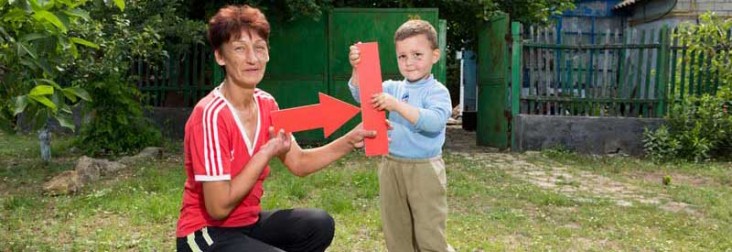
Stop TB Partnership
As a Stop TB Partnership member, USAID provides funding and technical assistance to more than 40 countries to strengthen the implementation of the Stop TB Strategy and support the expansion of the partnership’s mission through advocacy, communication and social mobilization, delivery of health services, research and development, and community engagement.
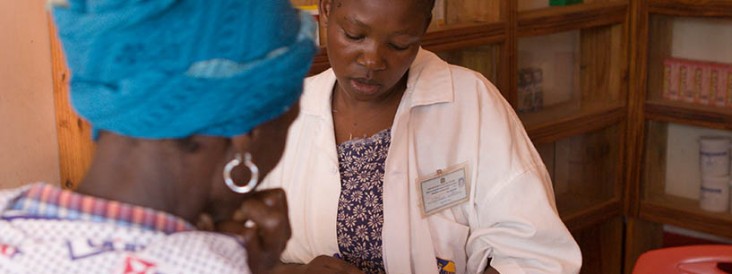
System for Improved Access to Pharmaceuticals and Services
USAID’s Systems for Improved Access to Pharmaceuticals and Services (SIAPS) Program serves more than 20 countries in Africa, Asia, Europe, Latin America and the Caribbean, the Middle East, and Oceania. SIAPS enhances countries’ capacity to obtain and distribute high-quality medicines and health technologies and works with local partners to develop strong systems for health financing, human resources, governance, and pharmacovigilance.
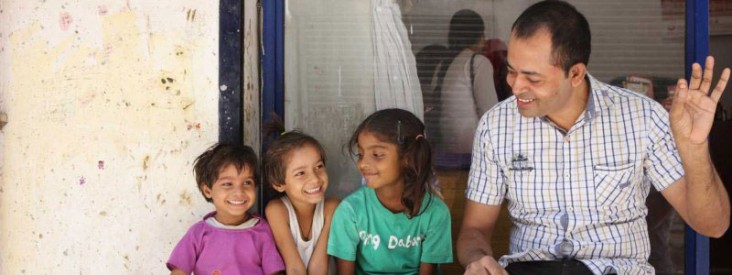
TB Alliance
USAID contributes to the development of new, simpler and faster acting TB drug regimens through a partnership with the TB Alliance. This product development partnership combines the research and development expertise of the TB Alliance with the skills and resources of partners in multiple sectors to accelerate TB drug development. Today, the TB Alliance and its partners manage the largest portfolio of new TB drug candidates and are leading the global effort to transform TB therapy.
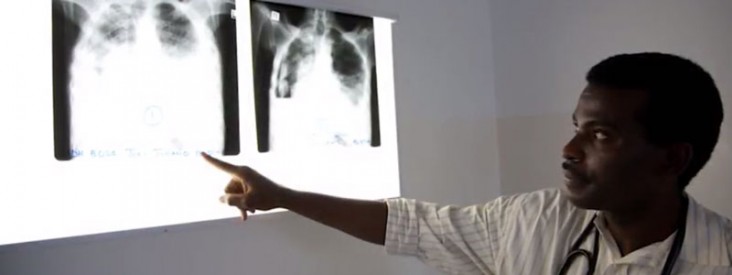
TB CARE II
USAID's TB CARE II Project is implemented by a wide consortium of health and development organizations including University Research Co., Jhpiego, Project Hope and Partners in Health. TB Care II aims to provide global leadership and support to National TB Programs and other stakeholders to accelerate the implementation of TB, TB-HIV co-infection and MDR-TB services. TB CARE II focuses on innovative technological approaches to improve TB case detection and treatment, with a particular emphasis on interventions related to infection control and programmatic management of drug-resistant TB. TB CARE II has introduced a number of mobile health tools and continues to develop interventions to improve their effectiveness as they are adopted and scaled up in many high burden countries.
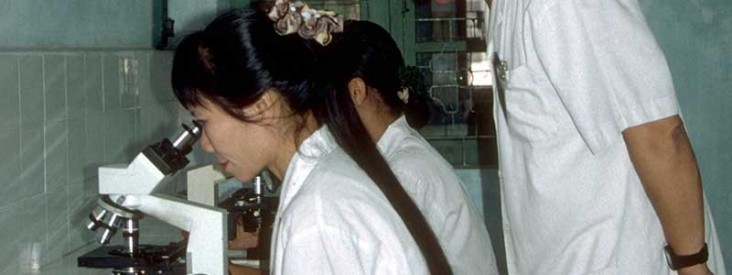
TREAT TB
USAID's Technology, Research, Education and Technical Assistance for Tuberculosis (TREAT TB) Project is a 13-year (2008–2021) cooperative agreement implemented by The International Union Against Tuberculosis and Lung Disease (The Union). The initiative aims to build a successful TB research partnership model to help stimulate changes in international standards and practice in ways that serve country needs. TREAT TB seeks to contribute to new knowledge through field evaluations of diagnostic tools, clinical trials, and targeted operational research benefitting global, regional and country TB control efforts.
TREAT TB has worked with professionals based in countries (Brazil, India, Kenya, Peru, South Africa, and Swaziland) with heavy TB burdens to develop the skills necessary to conduct high-quality operational research independently – producing educational materials, resources and e-tools and conducting onsite and web-based courses.
One of the important studies being conducted by TREAT TB, in partnership with the UK Medical Research Council, is the STREAM trial – a multi-arm clinical trial to evaluate treatment regimens for MDR-TB that are shorter and safer than the current 24-month standard regimen.
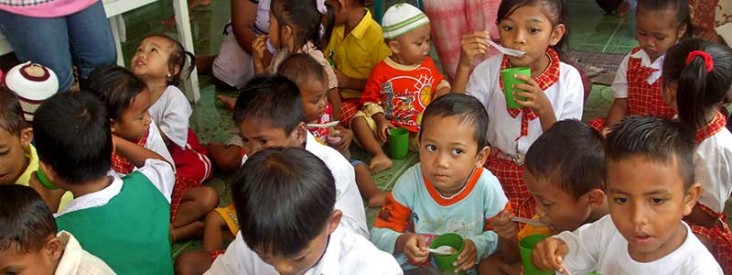
World Health Organization
The World Health Organization (WHO) provides global leadership on matters critical to TB; develops evidence-based policies and standards for TB prevention, care, and control; and stimulates the creation and dissemination of valuable knowledge related to TB. USAID provides funding to several WHO TB initiatives and works closely with WHO and country partners to implement TB prevention, diagnostic and treatment protocols.







Comment
Make a general inquiry or suggest an improvement.